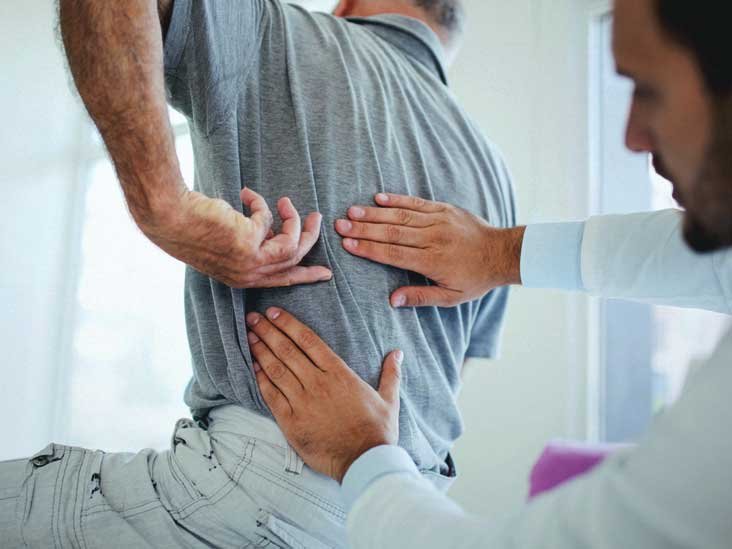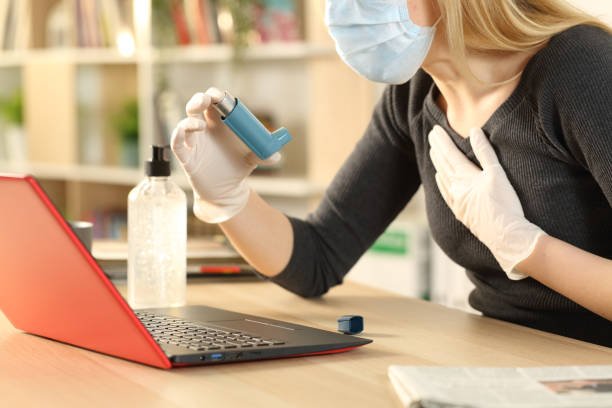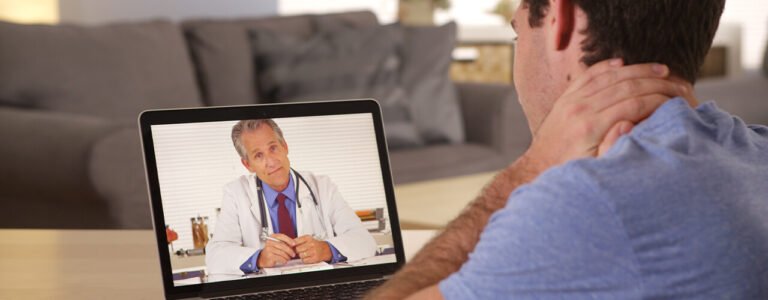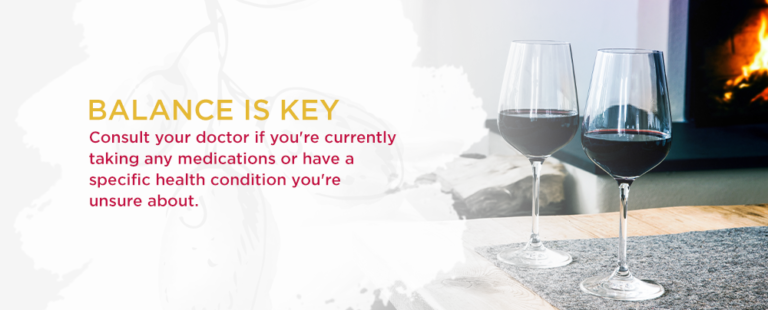Why am I experiencing discomfort under my left ribcage?
Given that your stomach, left kidney, spleen, and portions of your liver, pancreas, and colon are located here, pain under your left rib shouldn’t be disregarded.
Any pain you experience in the left upper quadrant (LUQ) could indicate that one or more of those organs are being affected.
Gut issues may possibly be the source of this pain. It’s crucial to understand what could be causing your pain and whether you require urgent medical attention or a doctor’s visit.
What might be causing the left rib to hurt?
Costochondritis
This happens when the cartilage that connects your breastbone to your ribs (costochondral joint) gets inflamed. Your chest and left ribs may experience a sharp, stabbing pain as a result.
It may arise from an illness, such as an infection of your airways, or it may be brought on by an accident or strain to that area (respiratory).
If you have costochondritis, you could notice that your discomfort worsens when your body moves quickly, like when you cough or sneeze, or when you exercise. When you lie down, it can potentially get worse.
Avoid participating in sports or other activities that put extra strain on your breastbone if you suspect this ailment is the source of pain under your left rib.
You should be able to take care of yourself at home by resting and avoiding any activities that aggravate the discomfort if you simply have mild chest pain and no other symptoms.
However, if your chest discomfort is severe and comes on abruptly, you feel breathless, or it persists for more than a few days, you should always consult a doctor.
Gastrointestinal Issues
Your upper tummy (abdomen) and the area under your left rib can hurt from common conditions that can damage the stomach and gut.
Abdominal Ulcer
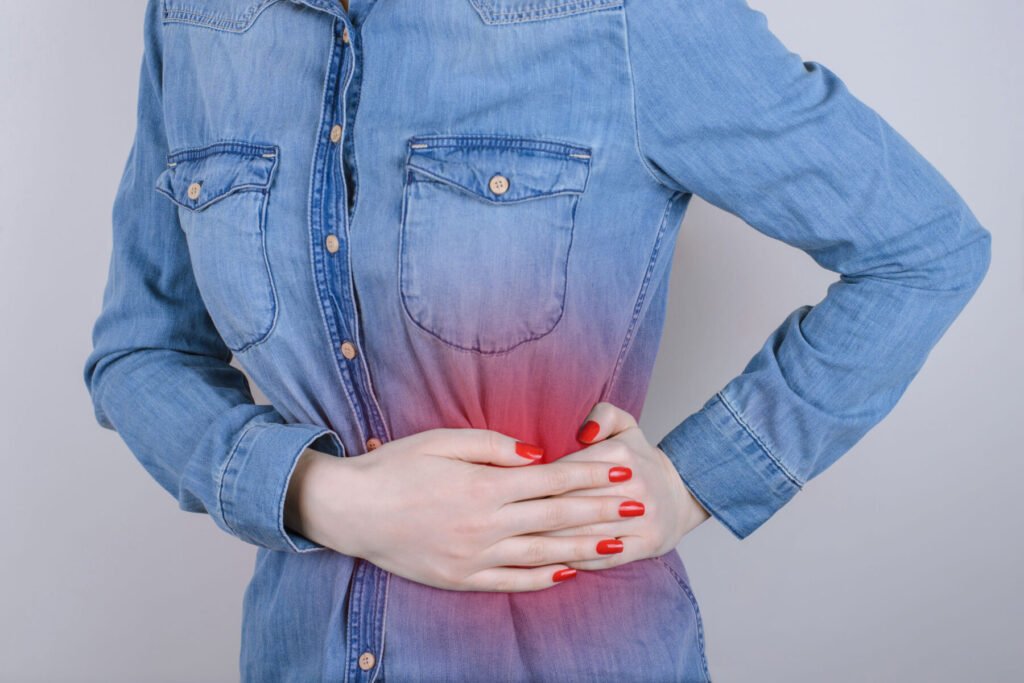
When the stomach lining is harmed, these sores develop. When you take some anti-inflammatory drugs for a long time or have an infection brought on by the Helicobacter pylori (h. pylori) bacteria, this can occur.
Antibiotics may be used to treat a stomach ulcer if Helicobacter bacteria are to blame. A doctor will give you additional medication if it is determined that using anti-inflammatories is the cause of your condition.
- Once the underlying cause and the appropriate therapy are identified, stomach ulcers typically go away on their own, but complications like internal bleeding can happen. Therefore, it’s crucial that you consult a doctor right once if:
- The pain beneath your ribcage appears suddenly and worsens rapidly
- Your vomit is bloody, and your faeces are dark in colour.
Indigestion

In the UK, 4 in 10 persons get indigestion annually. It is a group of symptoms rather than a medical illness, and one of them is upper abdominal pain that is located right below the ribs.
The lining of your digestive tract is thought to be damaged by stomach acid, which results in a burning discomfort.
You can manage indigestion at home if you believe it to be the cause of the pain on your left side under your ribs. You can, for instance,
- try eating more frequently but more slowly;
- quitting smoking;
- and avoiding any triggers you may have, such spicy foods.
However, you should contact a doctor to determine whether there might be an underlying explanation if you consistently experience indigestion or pain in this area that you believe to be indigestion.
Additionally,
you should visit a doctor if:
- you have iron deficiency anaemia;
- you have detected blood in your faeces or vomit; or
- you’re at least 55 years old,
- you’re constantly ill,
- you’re having trouble swallowing, and
- you’ve lost weight.
Gastroenteritis
This stomach lining swelling is typically brought on by a bacterial or viral infection. It can produce pain all across your stomach, including under your left rib, so that could be the source of your discomfort.
In addition to feeling or being unwell, having a temperature (fever), or having diarrhoea, gastroenteritis can also cause these symptoms.
There is no special treatment for this disease; instead, you should stay at home, rest, drink plenty of water, and take painkillers if necessary. For further information on how to obtain and take these medications safely, consult a doctor or pharmacist.
You should consult a doctor if, after a week, your symptoms don’t get better.
However, you should contact a doctor right away if your symptoms are severe. Significant signs include:
- being frequently ill,
- having a temperature over 38 degrees,
- and passing blood in your poop
- having a health issue at the root
Remember that gastroenteritis is contagious, so wash your hands frequently while you have symptoms and for up to 48 hours after they have subsided if you believe this is what’s hurting you.
Issues with the spleen
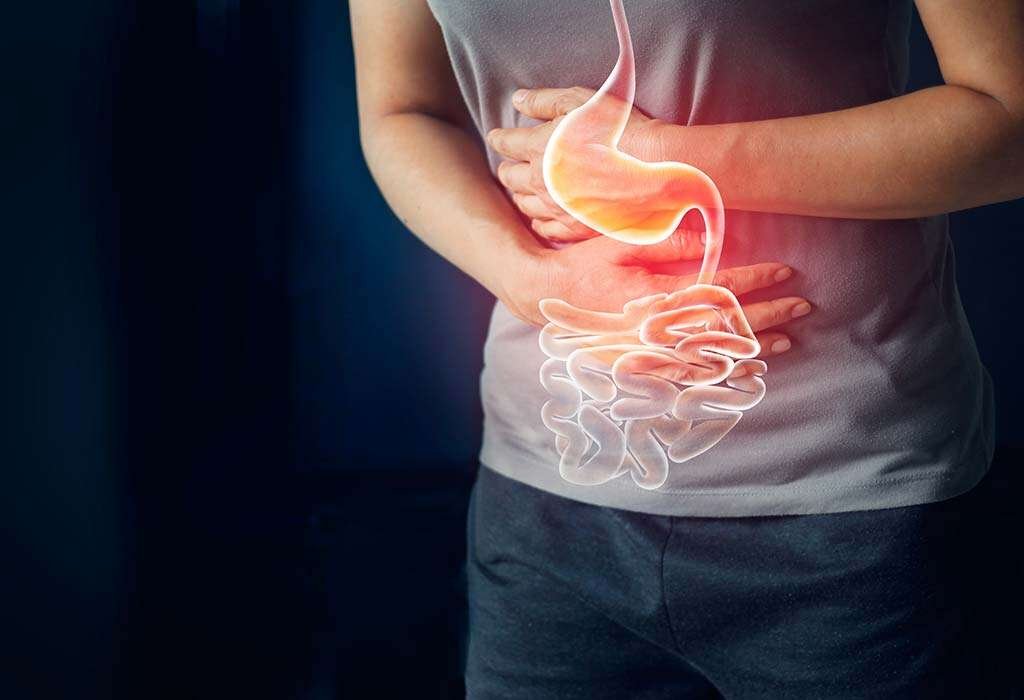
The non-vital organ known as your spleen is located in the LUQ, next to your stomach and immediately below your left ribcage. Any discomfort you have under your left rib cage may be brought on by a bruised or enlarged spleen.
If your spleen has been harmed, you might be able to determine why you’re hurt. Have you, for instance, damaged the area? Have you ever been in a car or sports accident? Have you recently suffered from a rib injury on that side?
You may have pain near or below your left ribs, feel dizzy, or have a higher heart rate if you believe your spleen may have been injured.
You should visit the nearest emergency room right away if you encounter these symptoms.
Your spleen may also expand or become inflamed, brushing up against your stomach, if you’ve injured it or suffer from a disorder like rheumatoid arthritis. This may make you feel fuller more quickly, even if you haven’t eaten anything, and may also hurt to the left of your back and around your left rib cage.
Consult a doctor if you think your spleen may be damaged in any way. They’ll be able to identify the issue and assist you in treating its root cause.
Pancreatitis
The pancreas is a gland, not an organ. A portion of it is located in the LUQ and it rests behind your stomach.
This gland may swell, typically as a result of binge drinking. Acute pancreatitis (a temporary condition in which the pancreas recovers) or chronic pancreatitis may result from this inflammation (when your pancreas is inflamed for a long time).
Pancreatitis may be to blame if your pain started out suddenly and you’re not sure what caused it. A typical sign is discomfort, often strong or severe, in the upper area of your abdomen or below your left ribcage.
Other signs include be nausea, vomiting, or loss of appetite.
If you have this illness, you should get medical attention right once since complications could arise.
Check to check whether you’ve lately lost weight or if your poop is pale or odorous. You ought to visit a doctor if this is the situation.
Renal stones
A problem with your left kidney is less likely to be the source of pain under your left ribcage, but any pain you experience in your left side or back can spread.
Your left kidney may hurt if you have kidney stones. Lack of fluid intake might result in the formation of these tough stones inside the kidneys.
Small kidney stones may not show any symptoms, but if a stone becomes infected or becomes lodged in one of your kidney’s tubes or holes, pain may result.
Consult a doctor if you’re not sure what’s hurting you but believe your left kidney might be the source.
Major points
- several organs are located behind your left rib,
- therefore you shouldn’t disregard any pain there. Your upper tummy may hurt from common stomach and gut issues like indigestion, gastroenteritis, or a stomach ulcer.
- spleen or pancreas issues could also be the source of this pain.
- you should visit a doct.

